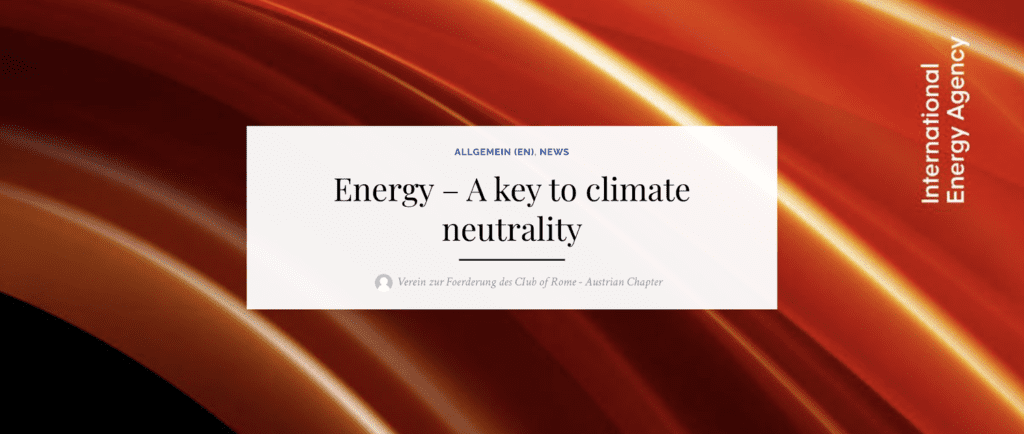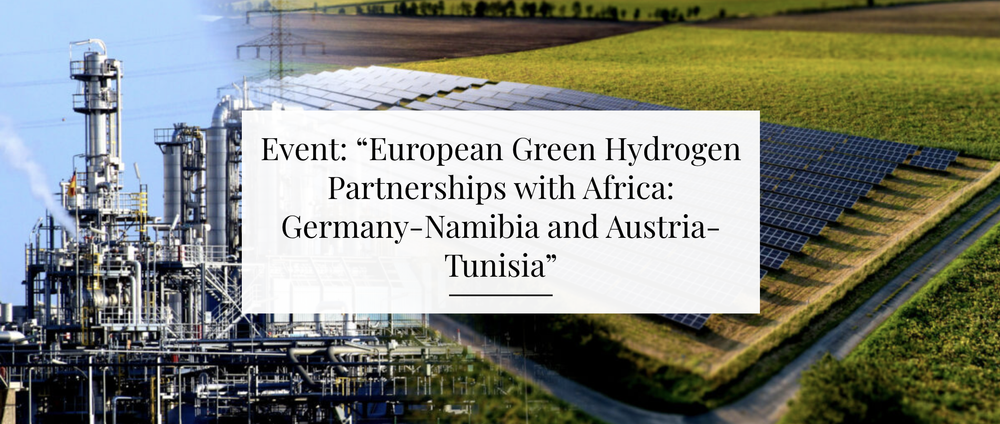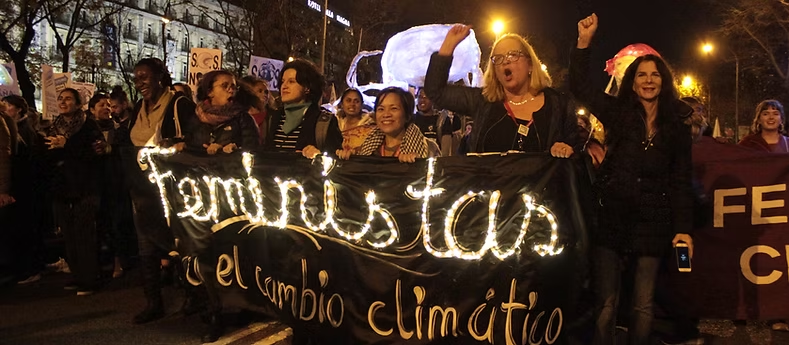Organised by the Austrian chapter of The Club of Rome in partnership with World Energy Council Austria, this event will explore the content of the Earth4All Energy Turnaround, with a specific focus in energy partnerships between Europe and Africa.
European countries with a strong industrial sector and high export shares like Germany and Austria are starting to invest in new, innovative and climate neutral technologies for green steel, green chemicals and generally for a low carbon footprint of their production. This transformation will not only need high amounts of capital expenditure but also use processes and technologies which largely depend on the supply of vast quantities of green hydrogen and green electricity. To a large extend these quantities will come from imports and partnership projects. Investments for decarbonisation in European industry thus also means investment in international renewables and green hydrogen projects – always taking into account social and geographical conditions. As Dr. Fatih Birol has also emphasized once again: potential partners and exporters will also need renewable energy and green hydrogen (see event video of 19.12.2022).
The Austrian parliament has recently adopted a 5,7 billion Euro industry transformation budget until 2030 (“Klima und Transformationsoffensive für Österreichs Industrie”). The EU has defined a “Global gateway” strategy seeking to leverage investments of 300 billion Euro and an “External energy engagement” strategy addressing our neighbours and promoting the development of a mutually beneficial green hydrogen market and transport infrastructure. Germany is leading the way with Thyssen-Krupp currently building a 2000 MW electrolyser at the 5000 MW PV-park NEOM in Saudi Arabia and, most recently, with the new flagship cooperation project HYPHEN in Namibia, aiming at an electrolyser capacity of 6000 MW for green hydrogen and ammonia production.
- Are Austrian companies able to keep up with this development?
- Is the project of a hydrogen corridor Tunisia-Italy-Austria a perspective for a broader energy transition partnership between Austria and Tunisia?
- How can the institutional framework be improved to best support energy transition partnerships and to make use of the new instruments and strategies put forward in the EU Green Deal?
- A critical issue for success will be whether European policies and companies are able to offer a new and fair green deal partnership to our neighbours. This would mean not only focussing on exploitation and export of the vast solar and wind resources to European markets, but to engage in a mutually beneficial technology cooperation that also contributes to a sustainable economic and social transition in the partner countries of the south. What is in for Namibia and Tunisia?
The Austrian Chapter of the Club of Rome has started the reflection on the role of energy transition partnerships for promoting the Paris agreement with the conference “Energy transition beyond Austrian borders” in September 2021, followed by “Energy transition for all – how much energy for a net zero economy?” in June 2022. In this third conference the focus is on discussing and promoting concrete action and partnerships.





